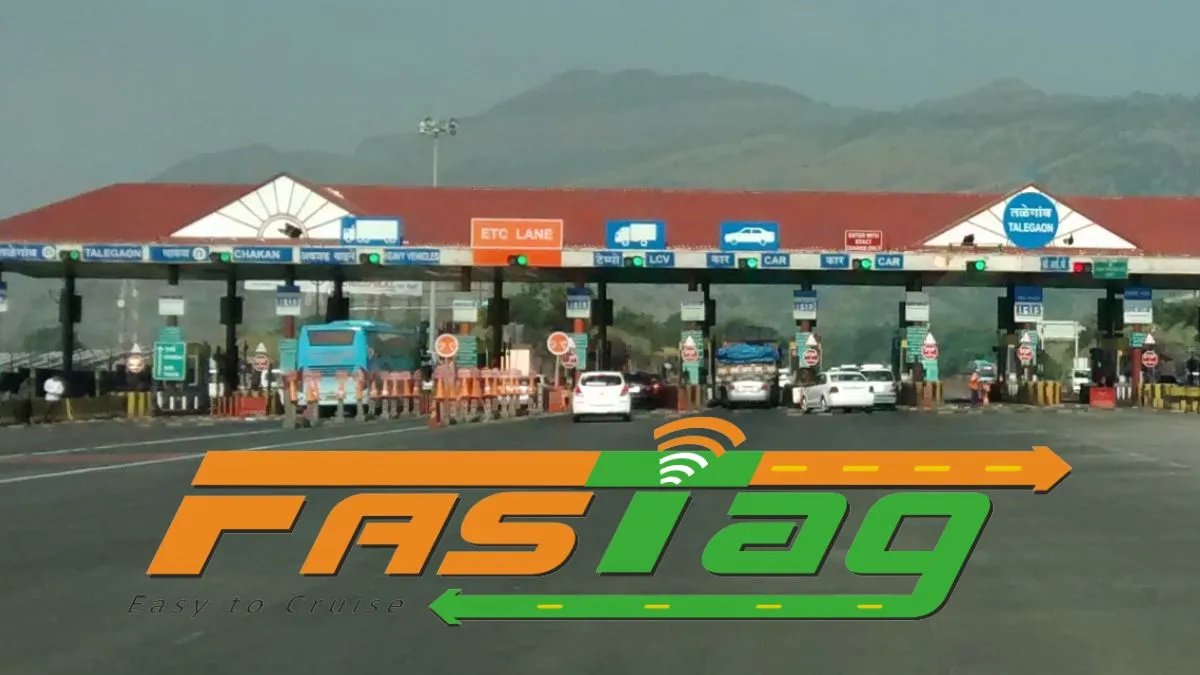What are the new FASTag rules coming into effect in November; how will they impact you?
October 07, 2025
New Delhi: From November 15, 2025, vehicles without a valid FASTag will face higher toll charges. Those paying in cash will be charged double the normal toll fee, while payments via UPI will attract 1.25 times the standard user fee.
The Ministry of Road Transport and Highways (MoRTH) has amended the National Highways Fee (Determination of Rates and Collection) Rules, 2008, introducing differential charges for non-FASTag users based on their payment method. The move aims to encourage digital payments and reduce cash transactions at toll plazas.
According to the ministry, vehicles without a functional FASTag will be charged twice the usual toll if paying in cash, and 1.25 times if paying via UPI. For instance, a vehicle that normally pays Rs 100 through FASTag will pay Rs 200 in cash and Rs 125 via UPI. The new rules are designed to strengthen fee collection, enhance transparency, and make commuting on National Highways more convenient.
FASTag has already automated toll collection across most National Highways, cutting waiting times and reducing congestion. The UPI payment option provides flexibility for occasional highway users or those facing technical issues with their FASTags.
With around 98% penetration and over 8 crore users, FASTag has transformed electronic toll collection in India. To further simplify travel, the ministry introduced the FASTag Annual Pass for non-commercial vehicles in August, allowing unlimited toll payments for a year or 200 crossings at a one-time fee of Rs 3,000. The pass is activated within two hours via the Rajmarg Yatra App or NHAI website and is valid at roughly 1,150 toll plazas across National Highways and Expressways.
Currently, tolls are collected on about 45,000 km of National Highways and Expressways through approximately 1,200 toll plazas, managed by the National Highways Authority of India (NHAI) or concessionaires. Since February 2021, FASTag has been mandatory for toll payments, with non-compliance subject to a 100% penalty.
The NHAI oversees maintenance and management of 70,000 km of the total 1,50,000 km National Highway network, as well as toll collection in line with the amended rules.
Recent Stories
- India vs SL Match
- Free rides on AMTS buses for three days during Diwali
- 100 years of service to nation was our duty, so no celebration is needed: RSS Chief
- Commonwealth Sport Board Recommends Ahmedabad as Host City for 2030 Commonwealth Games
- Gujarat CM to visit Mumbai for listing of SMC's green municipal bonds on NSE
